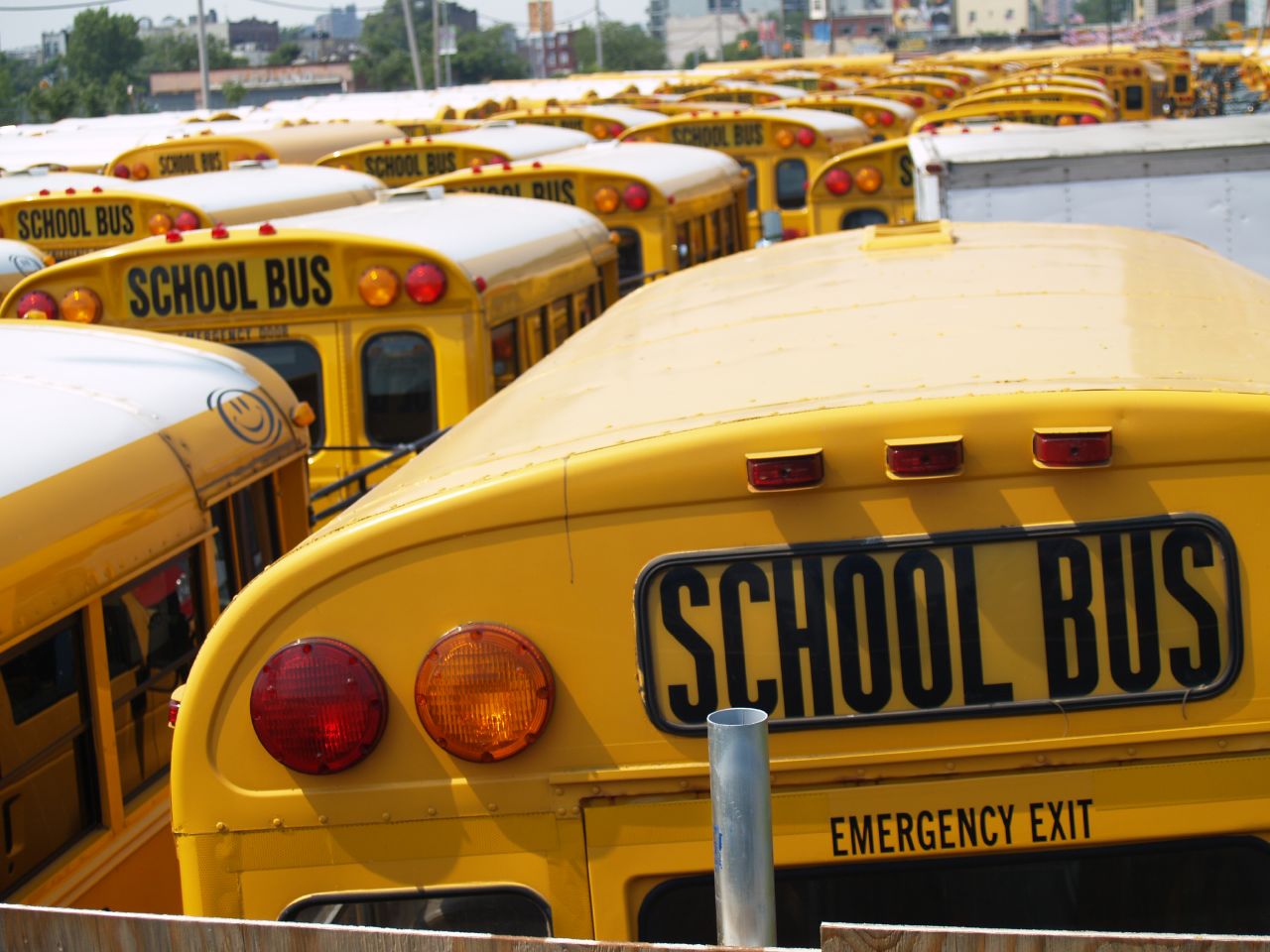 Duke Senior Megan Kuhfeld wanted to know if starting class later in the morning helps the teenaged brain work better. To find out, she surveyed principals and school district officials across the country about their opinions, before and after their high schools switched to a late-start system.
Duke Senior Megan Kuhfeld wanted to know if starting class later in the morning helps the teenaged brain work better. To find out, she surveyed principals and school district officials across the country about their opinions, before and after their high schools switched to a late-start system.Last week, she was one of dozens of Duke students presenting their senior theses in posters during Visible Thinking, the annual wrap-up presentation of undergraduate research.
Previous studies have shown that teenagers need 7 to 9 hours of sleep a night, and that they often don’t get it when they have to wake up early for school. Later start times have been linked to improved attentiveness during school. However, opponents argue that later start times disrupt extracurricular activities, and that students will stay up later at night and get the same amount of sleep as before.
Kuhfeld found that most high school principals and school district officials who had tried it approved of the change, and that slightly higher student attentiveness was reported. Interestingly, elementary school principals were not as supportive, namely because later high school start times often force elementary school times to start earlier, to allow for bus scheduling.
Along a similar vein, senior Jill Kahane delved into the factors affecting students’ goal-setting, which is primarily influenced by parents. She found that certain types of goal orientation were associated with high parental confidence.
"I learned a lot about the research process,” Kahane said. Preparing a poster and standing by it engaging curious Visible Thinking attendees was really useful. “It’s helpful for wrapping my mind around everything I learned.”
“Communication and not procrastinating is really important for this type of thing,” added senior Tim Chi. “On the whole, it’s a good experience to go through if you’re interested in research. You learn a lot about yourself by doing this.”


No comments:
Post a Comment